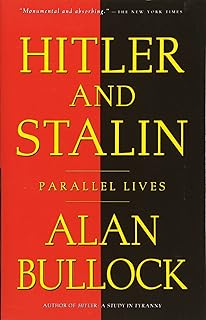- Joined
- Aug 29, 2017
- Messages
- 3,101
- Reaction score
- 1,500
- Location
- NM
- Gender
- Male
- Political Leaning
- Independent
The house at Otowi Bridge; the story of Edith Warner and Los Alamos. Drawings by Connie Fox Boyd. Church, Peggy Pond, 1903-, c1960, U. of NM Press, biography
Subjects
• Warner, Edith, -- 1891 or 2-1951.
• Los Alamos (N.M.)
Length
• 149 pages
Interesting story, the NM life of Edith Warner, who fell in love with NM, lived on San Ildelfonso Pueblo Reservation land for decades, & was buried there. She bridged everyday life in the US, the Pueblo, & the administrators @ Los Alamos, as they developed the atomic bomb. She maintained a spark of humanity @ the doorstep of the atomic age.
Subjects
• Warner, Edith, -- 1891 or 2-1951.
• Los Alamos (N.M.)
Length
• 149 pages
Interesting story, the NM life of Edith Warner, who fell in love with NM, lived on San Ildelfonso Pueblo Reservation land for decades, & was buried there. She bridged everyday life in the US, the Pueblo, & the administrators @ Los Alamos, as they developed the atomic bomb. She maintained a spark of humanity @ the doorstep of the atomic age.






